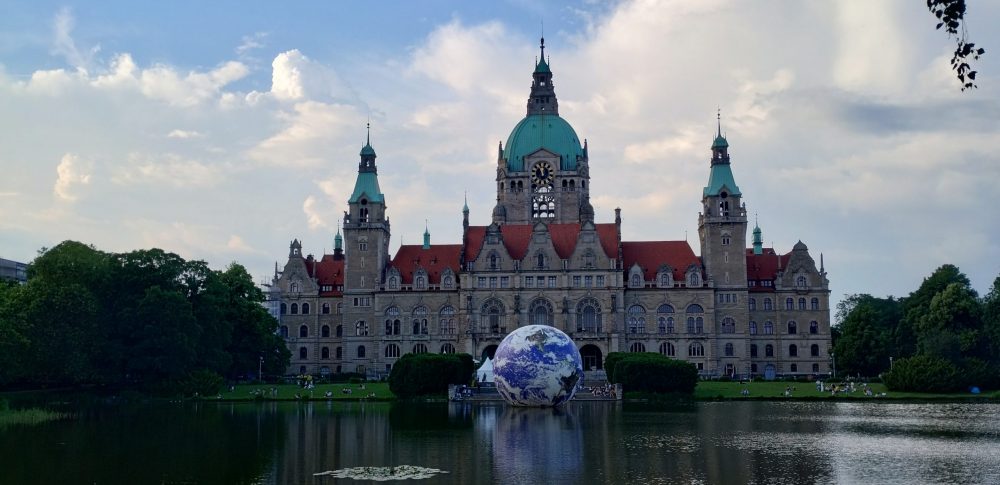We will start with looking at very basic but not uncommon structures.
| Ich | bin | müde. |
| Das Büro | ist | klein. |
| Die Gebäude | sind | groß. |
| Der Weihnachtsmarkt | ist | schön. |
| Der Glühwein | ist | süß. |
| Sein Hund | ist | alt. |
| Ihre Katze | ist | jung. |
| Der Kaffee | ist | kalt. |
| Das Wetter | ist | schlecht. |
| Der Laden | ist | offen. |
| Unsere Kantine | ist | zu. |
| Die Bäume | sind | hoch. |
| Das Wasser | ist | tief. |
| Der Bus | ist | spät. |
| Das Radio | ist | leise. |
| Die Straßenbahn | ist | pünktlich. |
| Die Ampel | ist | grün. |
| Stoppschilder | sind | rot und weiß. |
| Die Firma | schreibt | gute Zahlen. |
| Wochenmärkte | haben | frisches Gemüse und leckeres Obst. |
| Unser Urlaub | war | wunderschön. |
| Mein Fahrrad | ist | kaputt. |
Advanced task:
Add intensifiers and adverbials: schon, sehr, noch, nicht, nicht mehr, zu
| schon | already |
| sehr | very |
| noch | still |
| nicht | not |
| nicht mehr | not anymore |
| zu | too |
Next topics:
Adjectives infront of nouns – Adjektive (2)
Participles as adjectives – Adjektive (3)
How adjectives change according to the case of the noun or noun phrase they are modifying (4)
